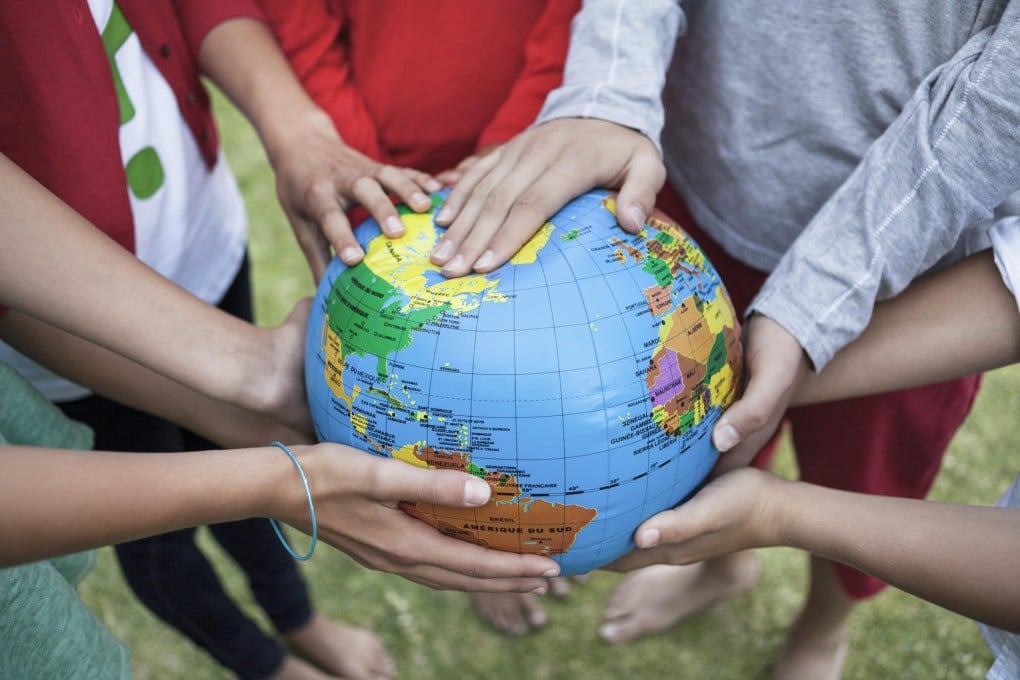Class action: how to help your child appreciate different cultures
Children of bicultural expat families growing up in Hong Kong are not just experiencing two cultures; they are also part of a third culture. The term third-culture kids was coined by John and Ruth Hill Useem to describe children growing up, often within an expat or missionary world, in a culture which is not their own.

Children of bicultural expat families growing up in Hong Kong are not just experiencing two cultures; they are also part of a third culture. The term third-culture kids was coined by John and Ruth Hill Useem to describe children growing up, often within an expat or missionary world, in a culture which is not their own.
These children have a good chance to form rich connections with different groups outside the restrictions of their own cultural boundaries.
But they may also experience feelings of disconnection and question where they belong in the world. Your children have an added richness; they share in two cultures and can learn from the strengths of each one.
When we talk about culture, we refer to systems of beliefs which generate habits and customs, and are shared by groups of people. Although the practices may be different, they tend to be generated in response to the same key questions: who are we and how do we relate to the greater world?
For children to be truly bicultural, they need to develop equal relationships with both cultures. To achieve this, both need to be equally valued. Some parents decide that culture "A" has strengths and decide to promote those, while teaching different strengths from culture "B".